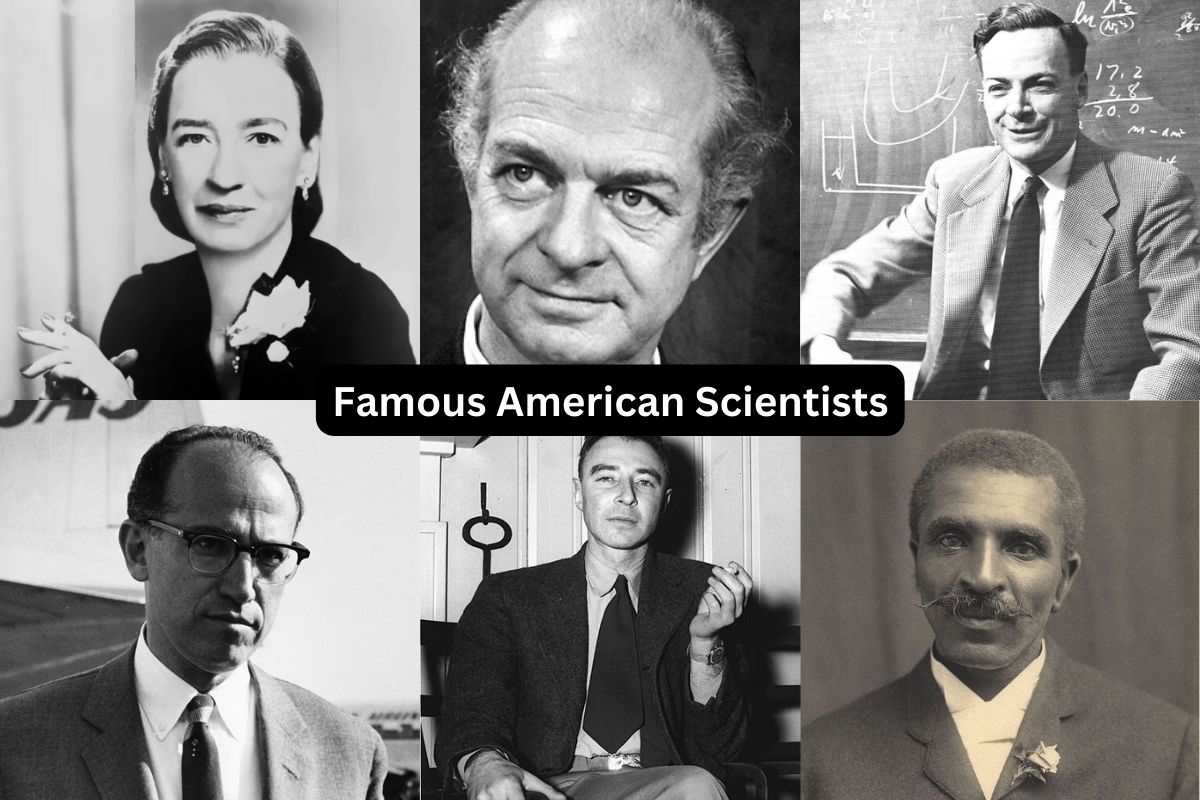Throughout the course of American history, brilliant minds have emerged, leaving an indelible mark on the world of science.
These pioneers, with their groundbreaking discoveries and innovations, have not only shaped the landscape of their respective fields but have also propelled the United States to the forefront of scientific achievement.
In this article, we delve into the lives and achievements of the some of the most famous American scientists. From the theory of relativity to the development of life-saving vaccines, their contributions span a diverse range of disciplines, showcasing the incredible depth and breadth of American scientific excellence.
Join us on a journey through the extraordinary lives and legacies of these remarkable individuals who have left an enduring imprint on the world of science.
Famous American Scientists
1. Linus Pauling (1901-1994)
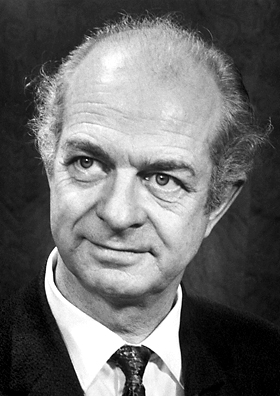
Linus Pauling was a renowned American chemist and biochemist. He is one of the most influential chemists in history and made significant contributions to the fields of chemistry, biochemistry, and molecular biology.
He is best known for his work on the nature of the chemical bond, which earned him the Nobel Prize in Chemistry in 1954. His book “The Nature of the Chemical Bond” is considered a classic in the field.
Also Read: Famous Black Female Scientists
Pauling also played a prominent role in the peace movement and received the Nobel Peace Prize in 1962 for his efforts to promote nuclear disarmament.
He was a prolific author, educator, and advocate for vitamin C supplementation, although some of his later claims in this area were controversial.
2. Carl Sagan (1934-1996)

Carl Sagan was an American astronomer, astrophysicist, and science communicator. He is best known for his ability to popularize science and make complex scientific concepts accessible to the public.
Sagan authored numerous books, including “Cosmos: A Personal Voyage,” which became a best-selling science book and a highly acclaimed TV series. His work in “Cosmos” made him a household name and inspired countless individuals to pursue science.
Also Read: Most Famous NASA Scientists
He made significant contributions to the study of planetary science and was a key figure in the Mariner, Viking, Voyager, and Galileo spacecraft missions.
Sagan also advocated for the Search for Extraterrestrial Intelligence (SETI) and played a pivotal role in popularizing the idea of searching for intelligent life beyond Earth.
3. George Washington Carver (1860s-1943)
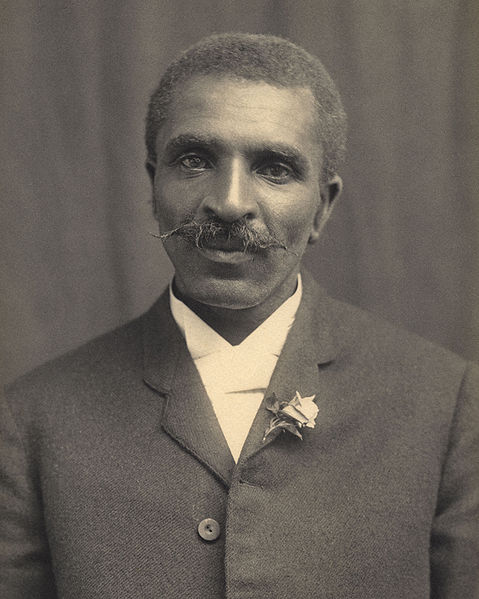
George Washington Carver was an American botanist, agricultural scientist, and inventor who overcame significant challenges, including slavery and racism, to become a prominent figure in the field of agriculture.
He is best known for his work in promoting alternative crops to cotton, such as peanuts and sweet potatoes, which helped improve soil quality and crop diversity in the American South.
Carver’s research on peanuts led to the development of hundreds of products, including peanut butter and various industrial applications.
Also Read: Famous Scientists
He was the first African American to earn a Bachelor of Science degree and a Master’s degree in agricultural science, and he became a highly respected educator at the Tuskegee Institute in Alabama.
Carver’s contributions to agriculture and his commitment to education continue to be celebrated for their positive impact on American farming and society as a whole.
4. Richard Feynman (1918-1988)
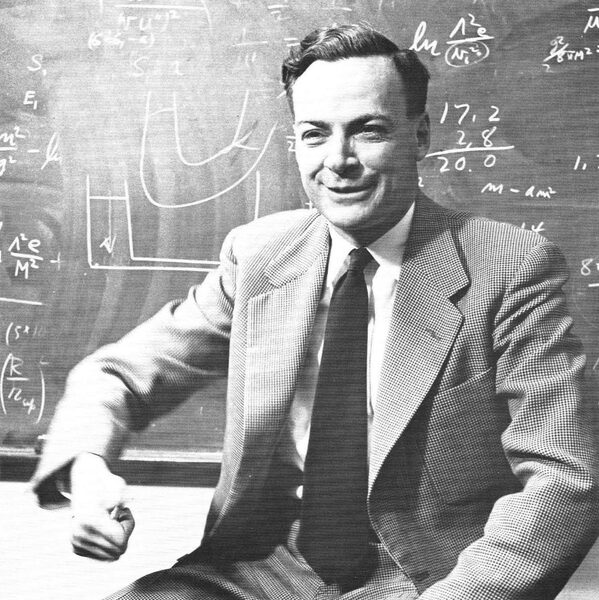
Richard Feynman was an American theoretical physicist known for his exceptional contributions to the field of quantum mechanics and particle physics.
He played a crucial role in the development of the theory of quantum electrodynamics (QED), which earned him a share of the Nobel Prize in Physics in 1965. His work in QED involved precise calculations of how subatomic particles interact with electromagnetic forces.
Feynman was not only a brilliant scientist but also a charismatic and engaging communicator. His lectures and books, such as the “Feynman Lectures on Physics,” have inspired generations of physicists and science enthusiasts.
He also had a remarkable ability to explain complex scientific concepts in simple terms, making physics accessible to a wider audience.
Feynman’s unconventional approach to problem-solving and his playful spirit made him an iconic figure in the world of science.
5. Grace Hopper (1906-1992)
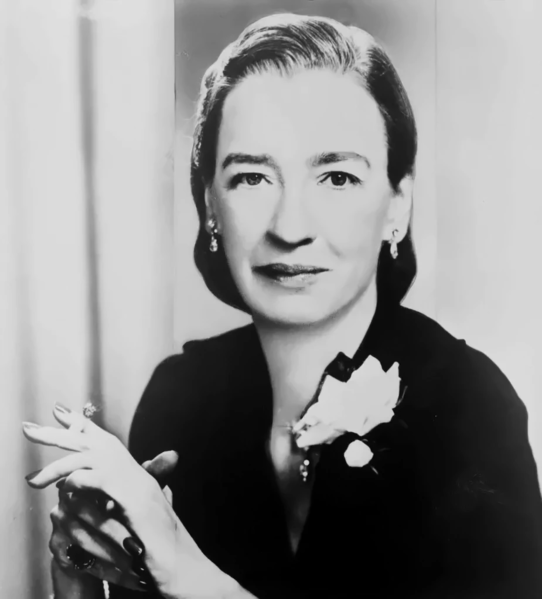
Grace Hopper was a pioneering American computer scientist and naval officer. She is often referred to as the “Mother of COBOL” (Common Business-Oriented Language), one of the earliest high-level programming languages.
Hopper was one of the first programmers of the Harvard Mark I computer, an early electromechanical computer developed during World War II.
She played a significant role in the development of computer programming languages and the development of the UNIVAC I computer, the first commercially produced computer in the United States.
Hopper continued to work in the computing field and advocated for the use of standardized programming languages. Her work had a profound and lasting impact on the computer industry.
She also had a distinguished career in the U.S. Navy, reaching the rank of Rear Admiral, and was a trailblazer for women in both the military and the field of computer science.
6. Jonas Salk (1914-1995)
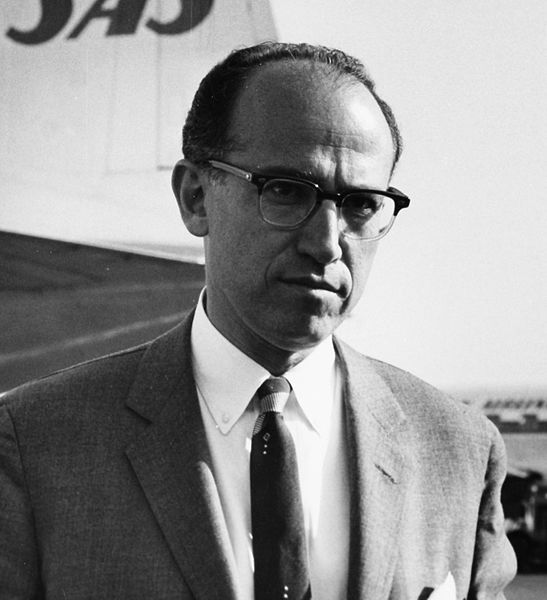
Jonas Salk was an American medical researcher and virologist who is best known for developing the first effective polio vaccine.
In the 1950s, Salk and his team successfully created a killed-virus vaccine that prevented polio, a devastating disease that had caused widespread fear and paralysis in children.
The development of the polio vaccine was a major breakthrough in public health and led to the eventual near-eradication of the disease worldwide.
Salk’s decision to withhold patent rights for the vaccine, instead making it freely available to the public, demonstrated his commitment to public health and earned him admiration and respect.
His work not only saved countless lives but also paved the way for future vaccine research and development, making him a hero in the fight against infectious diseases.
7. J. Robert Oppenheimer (1904-1967)
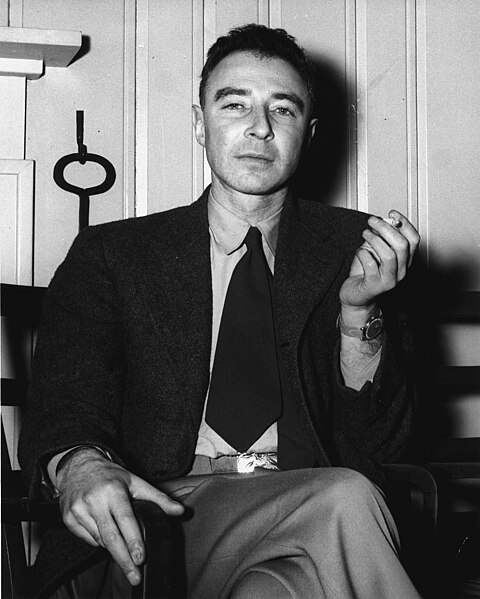
J. Robert Oppenheimer was an American theoretical physicist who is often referred to as the “Father of the Atomic Bomb.”
He played a key role in the Manhattan Project, the top-secret U.S. government program during World War II that developed the first atomic bomb. His leadership and scientific expertise were critical to the success of the project.
After the war, Oppenheimer became an influential figure in the field of theoretical physics and served as the Director of the Institute for Advanced Study at Princeton University.
He also played a significant role in advocating for the peaceful use of atomic energy and was involved in discussions about nuclear disarmament during the Cold War.
Oppenheimer’s contributions to the development of atomic weapons and his later efforts to promote responsible nuclear policies made him a complex and controversial figure in American history.
8. Nikola Tesla (1856-1943)
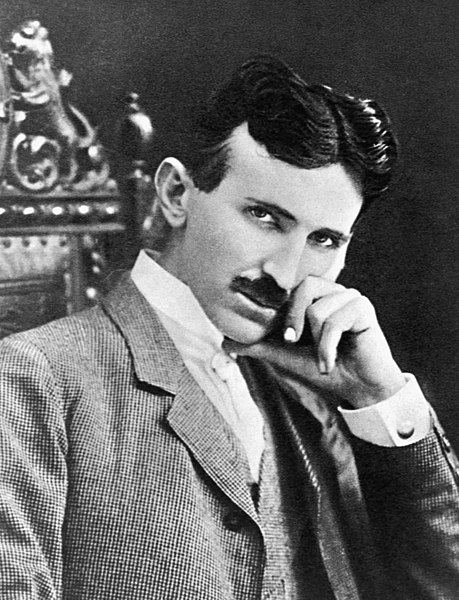
Nikola Tesla was a Serbian-American inventor, electrical engineer, and futurist known for his groundbreaking contributions to electrical and mechanical engineering.
He is best known for developing alternating current (AC) electrical systems, which revolutionized the generation, transmission, and distribution of electricity and is still widely used today.
Tesla held numerous patents for inventions related to electricity, radio waves, and wireless communication. He also envisioned futuristic technologies like wireless power transmission and global wireless communication networks.
Despite his significant contributions, Tesla faced financial and personal challenges throughout his life, and he died in relative obscurity. However, his work has gained renewed recognition and admiration in modern times, and he is regarded as one of the greatest inventors in history.
9. Vera Rubin (1928-2016)
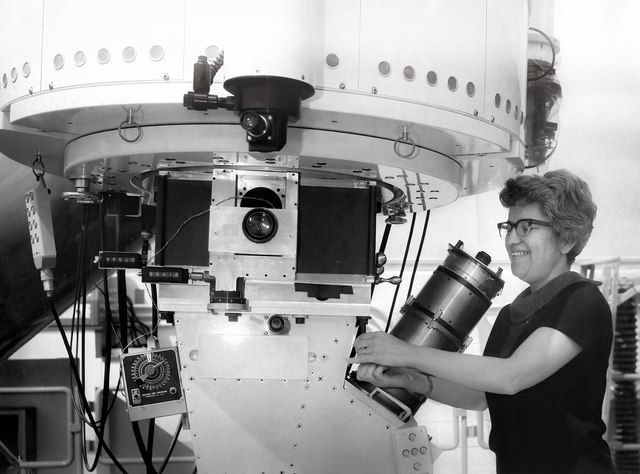
Vera Rubin was an American astronomer who made groundbreaking contributions to the study of dark matter, a mysterious and invisible substance that makes up a significant portion of the universe’s mass.
She is best known for her work on galaxy rotation curves, which provided strong evidence for the existence of dark matter. Her observations showed that galaxies did not behave as expected based on visible matter alone.
Rubin’s research challenged conventional ideas about the structure of the universe and had a profound impact on cosmology and astrophysics.
Throughout her career, she advocated for greater recognition and opportunities for women in science and was a role model for aspiring female scientists.
10. Ronald McNair (1950-1986)
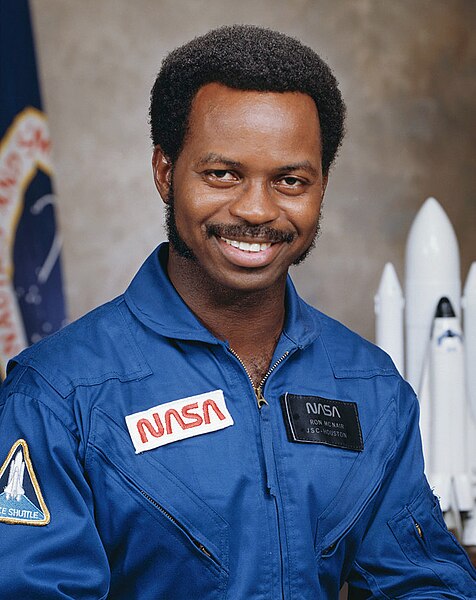
Ronald McNair was an American physicist and astronaut who tragically lost his life in the Space Shuttle Challenger disaster in 1986.
He earned a Ph.D. in physics from the Massachusetts Institute of Technology (MIT) and became one of the first African American astronauts at NASA.
McNair was selected as a mission specialist for the STS-51-L Challenger mission, which aimed to deploy a satellite and conduct scientific experiments.
His dedication to education and outreach was evident in his plans to conduct the first live educational broadcast from space during the mission.
The Challenger disaster was a tragic event, but Ronald McNair’s legacy lives on as an inspiration to those who aspire to explore space and pursue careers in science and space exploration.
